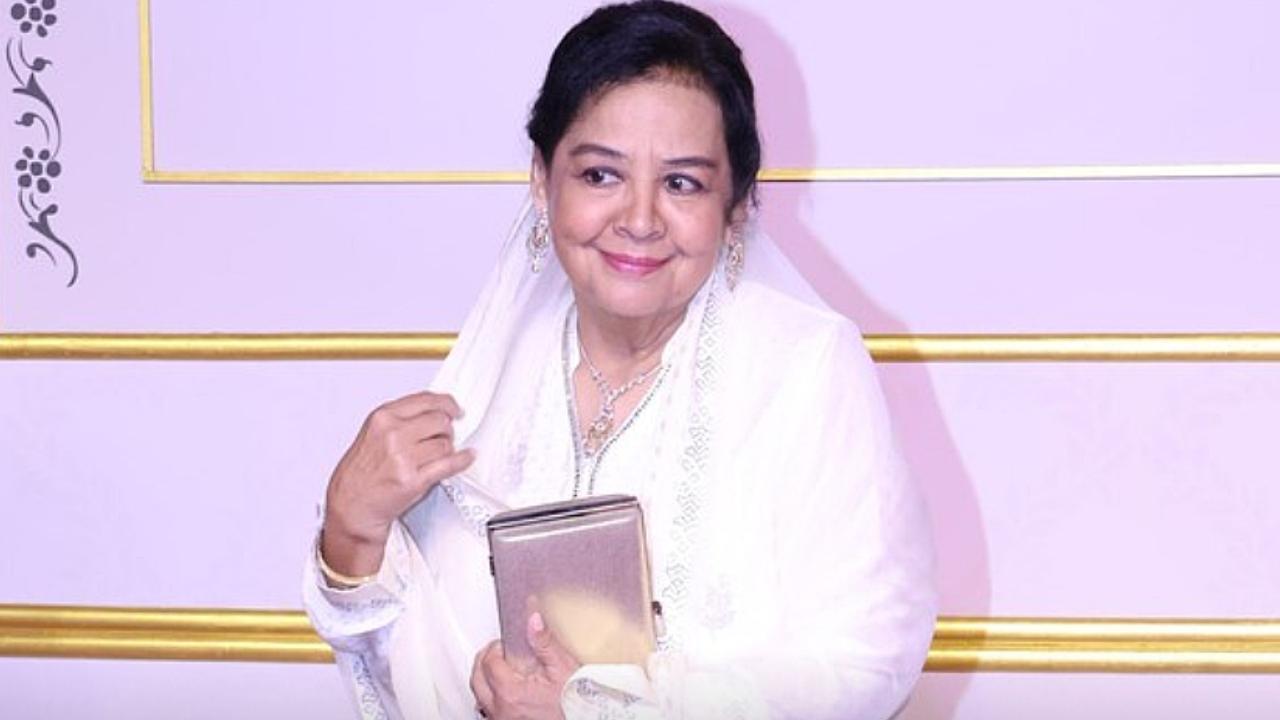
In the annals of Hindi cinema, who can forget Farida Jalal’s unforgettable performances as an empathetic mother to Kajol in the iconic films ‘Dilwale Dulhania Le Jayenge’ and ‘Kuch Kuch Hota Hai’? Yet, decades into an illustrious career, Farida Jalal finds herself typecast into motherly roles, much to her dismay. Despite her impactful recent stint in the OTT space with Sanjay Leela Bhansali’s ‘Heeramandi: The Diamond Bazaar’, Jalal has voiced her disappointment. In an insightful interview with the Times of India, the veteran actress weighed in on the typecasting issue, drawing parallels between her career and those of male counterparts such as Anupam Kher and the late Amrish Puri, who have enjoyed more versatile roles.
Farida Jalal’s journey into motherly roles began in the 1990s. Her performances as an empathetic mother started with ‘Dilwale Dulhania Le Jayenge,’ and continued in films like ‘Kuch Kuch Hota Hai,’ and ‘Bichhoo,’ the Indian adaptation of ‘Leon: The Professional,’ where she played the role of Jeeva’s mother. Jalal has enacted similar roles in several other films over the years.
However, she now expresses a strong desire to break away from these repetitive role types. “I’m waiting for a challenging role where I can showcase my versatility. I feel as though every new role for me is just another mother or grandmother. It is all the same,” she rued. “I’m disappointed that filmmakers don’t think I can do more than that. I want to do something exciting.”
Farida compared her experiences with those of male actors who have had more diversified career trajectories. “My male counterparts got to do so much. From the late Amrish Puri to Anupam Kher, they played villains as well as comedians so well. They were not limited to playing only fathers or grandfathers on screen, but unfortunately, I have been given just one slot,” she added.
The versatility of her male peers stands in stark contrast to her own career path, as she points out.
. This has been a point of frustration for Farida Jalal, who started her journey in the film industry at the tender age of 17 with the film ‘Taqdeer,’ offered by Tarachand Barjatya, the grandfather of Sooraj Barjatya. She portrayed several diverse characters in both mainstream and parallel cinema, but her typecasting began when she was cast as Dilip Kumar’s sister in the film ‘Gopi.’
From that role onward, she became the archetypal sister figure in numerous films, working alongside luminaries such as Dharmendra, Jeetendra, Manoj Kumar, Sanjeev Kumar, and Amitabh Bachchan. Despite the typecasting, Jalal managed to maintain a balance between cinema and television throughout her career. Notable roles in television include her stint in the iconic Indian sitcom ‘Dekh Bhai Dekh’ and the popular show ‘Shararat.’
In the OTT series ‘Heeramandi,’ she plays the role of Qudsia Begum, the grandmother to Taha Shah Badussha’s character Tajdar, Nawab. The role, though impactful, still falls into the category of motherly or grandmotherly figures, which she has come to see as a limitation imposed by the industry.
The Indian film industry has long struggled with the issue of typecasting, and Jalal’s case brings this matter to the forefront once again. Her male counterparts, she feels, have enjoyed a broader platform to showcase their talents. From playing villains and comedians to diverse character roles, male actors seem to have a wider array of opportunities, contrasting sharply with the singular roles offered to veteran actresses.
Despite these challenges, Farida Jalal remains hopeful. She is eager to take on roles that challenge her and allow her to showcase her versatile acting skills. The 73-year-old actress continues to seek opportunities where she can break free from the confines of typecasting and venture into new acting territories.
The future of the industry might still hold exciting prospects for this versatile actress. Directors and producers are increasingly recognizing the demand for more nuanced and diverse portrayals of characters, a trend that may well open up new opportunities for seasoned artists like Farida Jalal. Until then, she continues to await roles that can truly capture the breadth of her acting prowess.
(With inputs from IANS)












